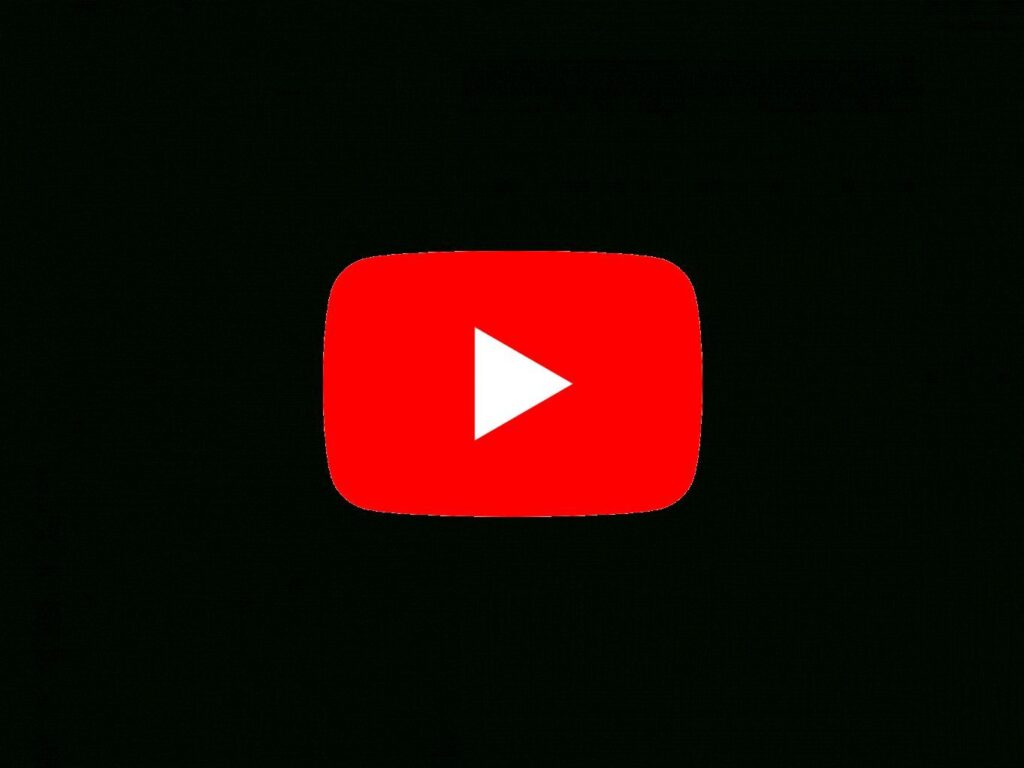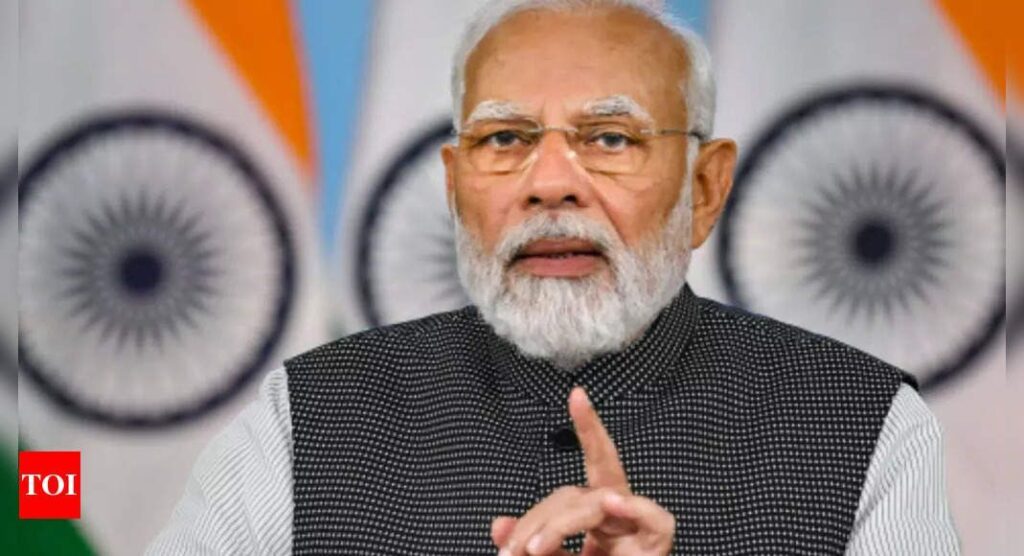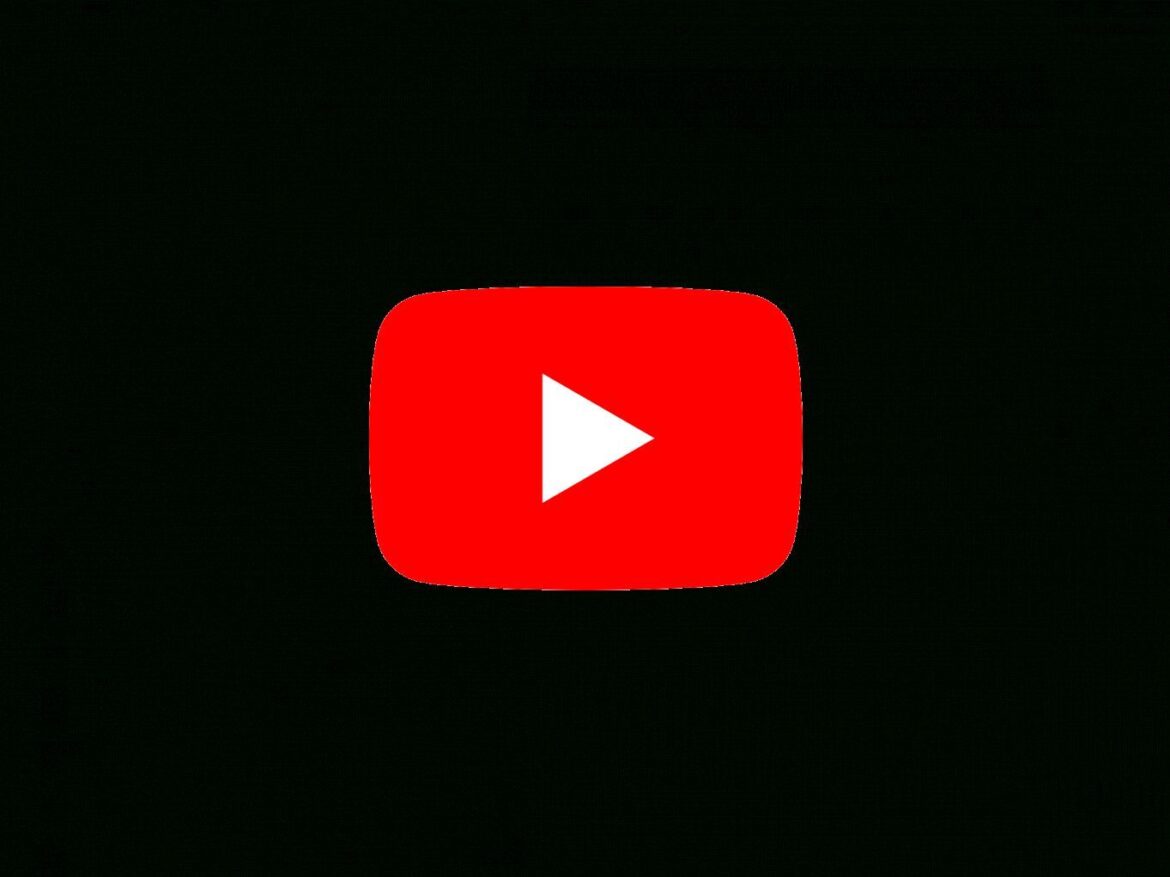In a recent announcement, YouTube stated that it had decided to stop removing material that falsely asserts that the 2020 US presidential election will be marred by “fraud, errors, or glitches.” However, many who work to combat false information have already criticized this action.
The policy of Google-owned YouTube addressing incorrect information concerning the 2020 US presidential election has undergone a substantial adjustment. This change follows the platform’s earlier initiatives, which began in December 2020, to battle false narratives, in particular those promoted by the late President Donald Trump, who suggested that his loss to Vice President Joe Biden was the consequence of a “stolen” election.
YouTube defended its choice in a blog post by highlighting the value of allowing open discourse on political views, even if they are divisive or predicated on false premises. The platform holds that such discussions, particularly during an election year, are essential to a functioning democratic society.

With the implementation of a new policy, YouTube will no longer remove material that promotes unfounded allegations of massive fraud, mistakes, or faults in the 2016 and 2020 US presidential elections. This revised policy, which is effective right now, highlights the continued difficulty faced by internet platforms in balancing the need to combat disinformation with the need to protect free expression in the increasingly divisive political environment of America.
MUST READ – Expert’s opinion on how the withdrawal of 2000 notes can affect bank’s FD rates.
After two years, tens of thousands of video deletions, and one complete election cycle, YouTube recognized the challenges of countering disinformation and that it was important to reevaluate the impact of their policy in the context of the changing environment. The video-sharing site admitted that although eliminating such content did help to reduce the spread of false information, it also may have had the unintended effect of limiting political debate without appreciably reducing the likelihood of actual injury or violence.
However, advocacy organizations in the United States have harshly criticized YouTube’s approach.
Free Press spokesperson Nora Benavidez vehemently disagreed with YouTube’s assertion that eliminating fraudulent election videos hinders political discourse without really lessening actual harm. Benavidez criticized the platform’s move to stop deleting material that threatens democracy by promoting hatred and misinformation. She pleaded with YouTube to quickly change its mind.
YouTube reaffirmed that its current policies against election disinformation are unchanged by the policy change. This includes outlawing material that misleads voters or promotes meddling in political processes.
The vice president of the left-leaning watchdog Media Matters, Julie Millican, said that YouTube was one of the few significant social media sites that had continued to adhere to a guideline intended to prevent false information regarding the 2020 election. She criticized the platform’s most recent choice, saying it took the easy way out by letting people freely share false information about the 2020 elections without suffering any repercussions, like Donald Trump and his fans.



